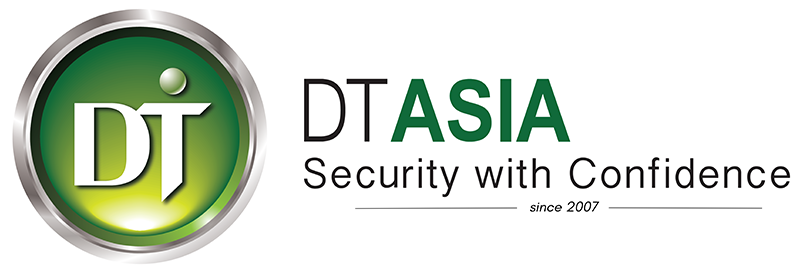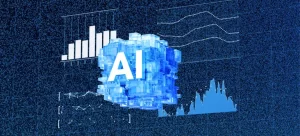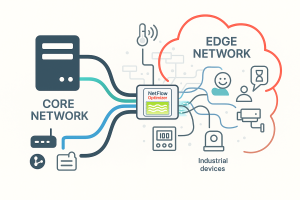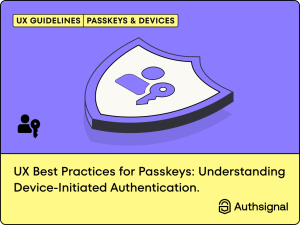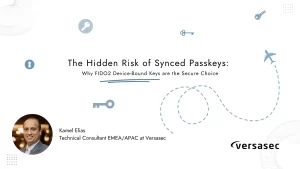
As a database administrator, you’re likely recognized for your practical approach to technology within your organization. While it’s essential to continually sharpen your skills, what really matters is having a database solution ready when a new application question arises. In recent years, many developers have been asking for PostgreSQL (commonly known as “Postgres”) due to its broad functionality. It’s no wonder Postgres was ranked the number one “most-wanted” database in Stack Overflow’s 2021 Developer Survey, surpassing even Redis and MongoDB.
If you’ve already evaluated and approved Postgres, you’re ahead of the curve. This open-source database has become a favored choice, and in this post, we’ll explore some key features that make Postgres stand out. From its history and technical strengths to its real-world applications, we’ll help you see why Postgres has held the number-four spot in DB-Engines’ rankings since 2017 and whether it fits within your database ecosystem.
What Sets Postgres Apart?
The roots of Postgres date back to the 1960s, as data management evolved from simple file storage to the need for relational databases. Early projects like Oracle, IBM’s System R, and UC Berkeley’s Ingres were the pioneers of relational database management systems (RDBMS).
Oracle emerged as the commercial leader with its use of the SQL query language, while Ingres dominated academic circles with QUEL, an alternative query language. However, SQL became the standard for databases in the late 1980s, leading to Ingres’s limited commercial adoption. Postgres evolved from Ingres as a “post-Ingres” system, thanks to its architect Michael Stonebraker. His vision for Postgres was to take Ingres further by integrating object-relational database features—bringing object-oriented programming principles into a relational database system.
An Open-Source Database with Oracle-Like Features
Today, Postgres is a powerful object-relational database system that builds upon and extends SQL. As an open-source project, it’s constantly updated by a global community of developers, making it a dynamic alternative to proprietary databases. Postgres consistently ranks highly in developer surveys, noted for its wide appeal and feature set.
Here are some of the reasons Postgres continues to stand out:
- Performance: Right out of the box, Postgres provides high performance suitable for enterprise-level applications.
- Familiarity for Oracle Users: Postgres is similar to Oracle, the commercial database standard, which makes it an attractive option for database professionals familiar with Oracle’s structure, functions, indexes, and operational processes. For instance, data conversions from Oracle to Postgres are commonly seen in cloud environments, with tools like AWS Schema Conversion facilitating smooth transitions.
- Object-Oriented Programming Support: Postgres offers the best of both worlds—NoSQL and RDBMS functionality—making it a versatile choice as you plan your future technology stack.
- Foreign Data Wrappers: Postgres enables connectivity to over 180 different data sources, ensuring flexibility in how you handle external inputs.
- Extensibility: One of Postgres’s standout features is its extensibility. You can create custom data types, functions, and even write code in multiple programming languages without recompiling the database.
- ACID Compliance: Since 2001, Postgres transactions have adhered to the ACID principles (Atomicity, Consistency, Isolation, Durability), making it reliable for mission-critical applications.
- Geospatial Support: With tools like PostGIS, Postgres is ideal for building Geographic Information Systems (GIS).
Planning Your Migration
Among Postgres’s many advantages, its similarity to Oracle is perhaps its strongest asset in enterprise settings. This makes it a top contender when considering a migration from Oracle to an open-source alternative.
Postgres offers a robust option for companies looking to cut licensing fees associated with proprietary platforms like Oracle, while also avoiding vendor lock-in. However, before making the leap, database administrators must ensure that Postgres can provide the high availability, scalability, and security they rely on from their current systems.
Oracle’s strengths in security, replication, and high availability make it a mainstay in enterprise environments. Still, Postgres proves to be a strong alternative for applications that need large databases, high-performance read/write capabilities, strong API compatibility, lower support costs, and the ability to handle complex queries. It’s a favorite for industries such as finance, healthcare, telecommunications, government, and education due to its adherence to ACID principles.
Each organization has unique requirements, so it’s essential to choose the right database for the job. For instance, if you require a distributed database, MongoDB might be a better fit. However, Postgres’s flexibility makes it a compelling option for a wide range of use cases.
Bringing Postgres into Your Enterprise
So, what do you need to start rolling out Postgres in your organization?
To begin, ensure a smooth Oracle-to-Postgres migration with full interoperability and minimal downtime. Alongside the features mentioned earlier, you’ll want to replicate your existing database structures in a way that supports large-scale data, high availability, disaster recovery, scalability, and regional distribution. With Postgres, you can build an enterprise-grade infrastructure without the heavy costs of proprietary systems while gaining the flexibility and community-driven innovations of open-source software.
Postgres is more than ready for your enterprise—are you ready to embrace it?
About DT Asia
DT Asia began in 2007 with a clear mission to build the market entry for various pioneering IT security solutions from the US, Europe and Israel.
Today, DT Asia is a regional, value-added distributor of cybersecurity solutions providing cutting-edge technologies to key government organisations and top private sector clients including global banks and Fortune 500 companies. We have offices and partners around the Asia Pacific to better understand the markets and deliver localised solutions.
How we help
If you need to know more about PostgreSQL — Your next database platform, you’re in the right place, we’re here to help! DTA is Quest Software’s distributor, especially in Singapore and Asia, our technicians have deep experience on the product and relevant technologies you can always trust, we provide this product’s turnkey solutions, including consultation, deployment, and maintenance service.
Click here and here and here to know more: https://dtasiagroup.com/quest/
